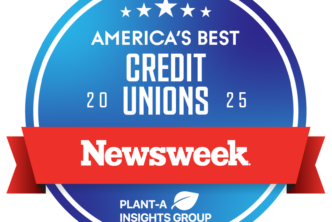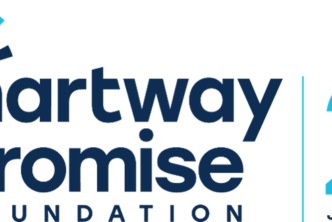The FTC warns that additional funding for SBA’s Paycheck Protection Program (PPP) or the Economic Injury Disaster Loans (EIDL) program has scammers eager to try to get a portion of those funds through clever online and email ruses.
Rosario Méndez, an attorney with the FTC Division of Consumer and Business Education offers tips for avoiding such scams while small businesses are applying for much-needed support:
DO:
- Get information about SBA loans directly from the SBA’s website: sba.gov/coronavirus.
- Once on that page, go to “Funding Options” and follow the instructions.
- Find more information about the PPP and EIDL programs at the U.S. Treasury Department’s website.
DON’T:
- Don’t pay in advance for information. All the information from the SBA is free at sba.gov/coronavirus.
- Don’t pay in advance for a government loan. You don’t have to pay up front to get an SBA loan.
- Don’t give your information to someone who calls, emails, or texts you out of the blue. The SBA won’t call unsolicited to find out information about you or your business, or to ask you to apply for a loan. The SBA is not going to send you emails or text messages asking for sensitive information. If you get an email or text like this, delete it. It’s a scam.
- Don’t apply for a loan without verifying the lender. Only SBA-authorized lenders can provide PPP loans, and other loans may be available through SBA directly. To find an SBA-authorized lender in your area, use this SBA tool.
- Don’t click on links or reply to emails or text messages from someone you don’t know. If you click on the links, you could download malware to your computer or device or be connected to a scammer or hacker.
Report any potential scams to ftc.gov/complaint. Read the full story here.





